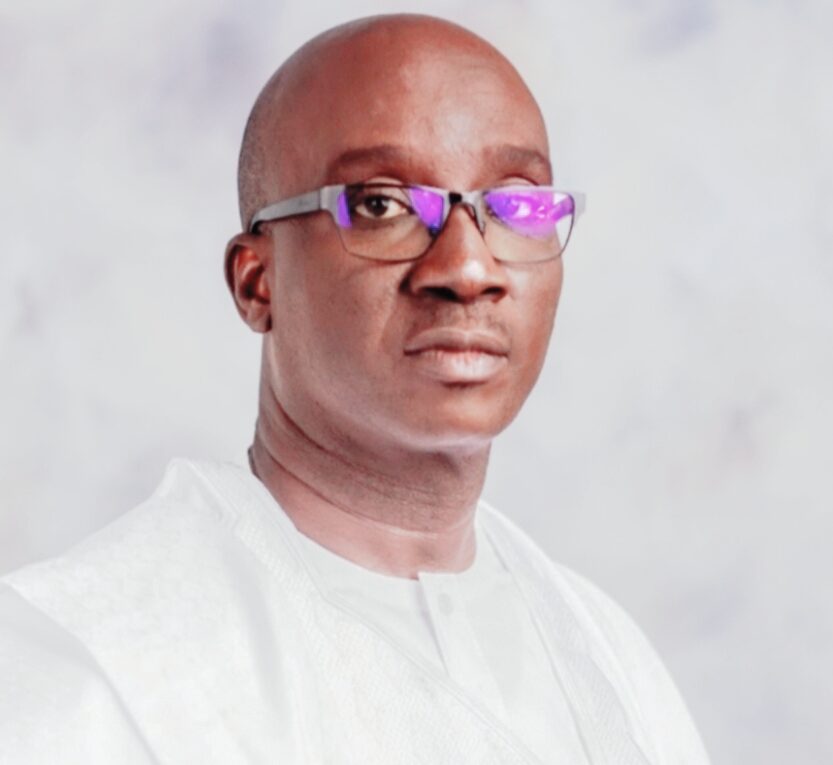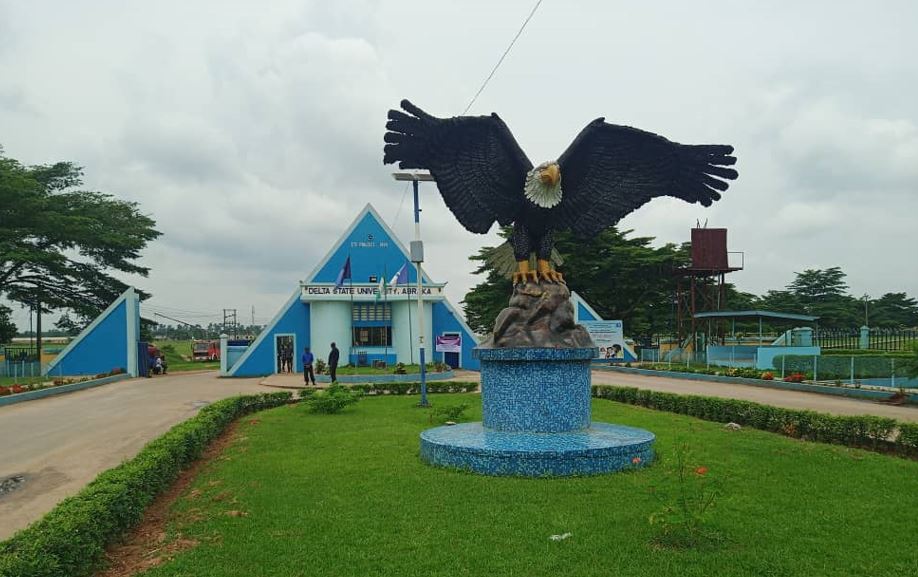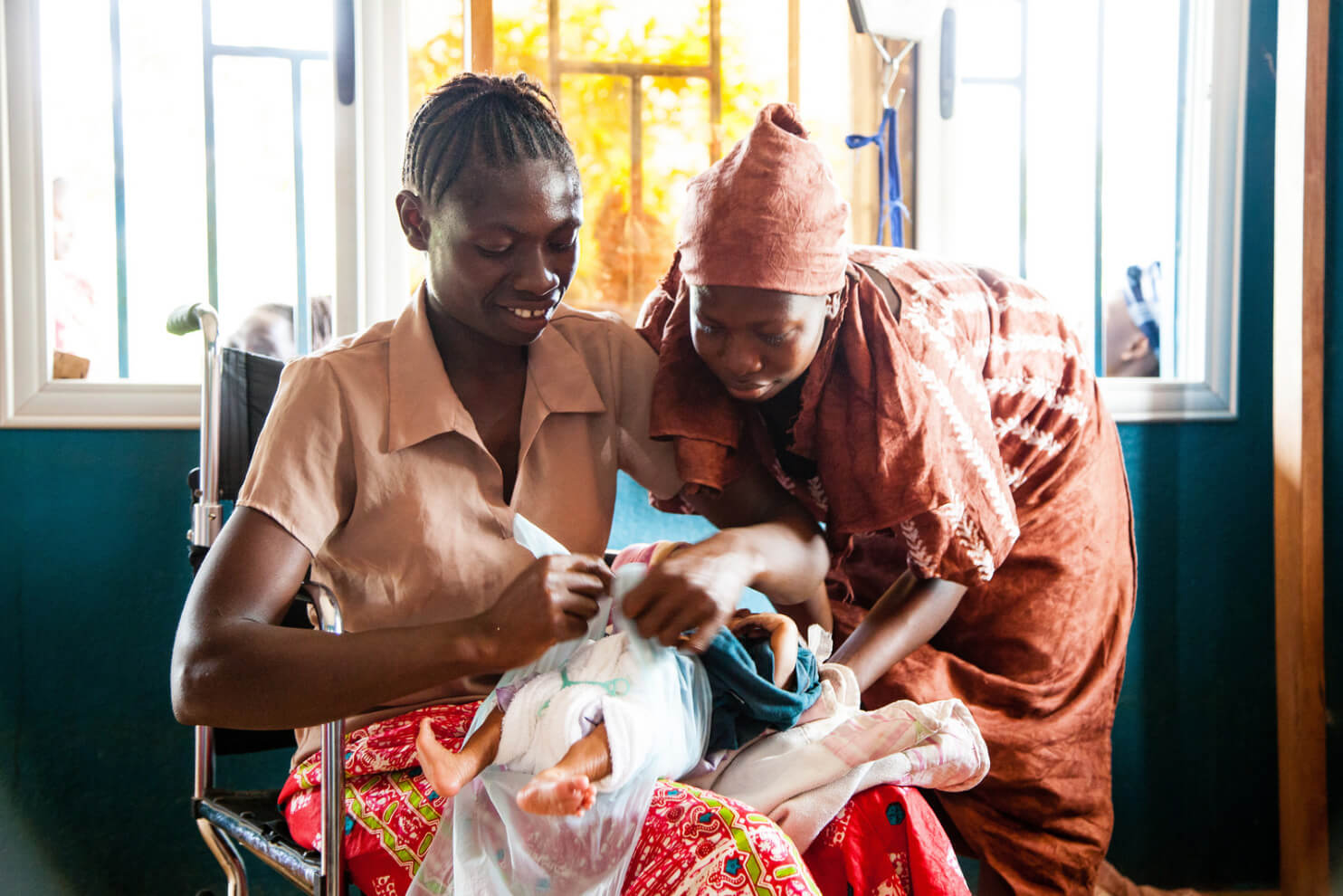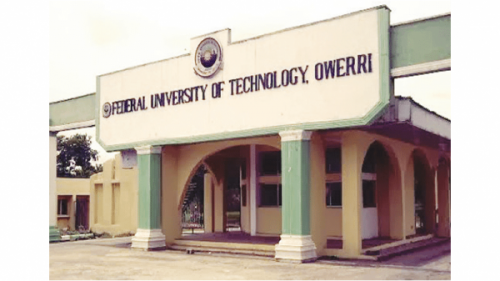Forty journalists from media organisations in West Africa, including Toheeb Babalola, a PREMIUM TIMES journalist based in Oyo State, have completed a three-month Artificial Intelligence Fellowship with FactCheckAfrica.
Fellows and facilitators from Nigeria, Cameroon, Sierra Leone, and other countries met weekly on Zoom during the three-month programme.
The fellowship explored the connection between artificial intelligence and journalism, enabling the fellows to tell compelling stories and participate intelligently in public discourse.
Speaking with PREMIUM TIMES, Global Director, Brain Builders Youth Development Initiative, Olasupo Abideen, said he was excited about the groundbreaking AI Journalism Fellowship in West Africa.
“We are thrilled to have the first AI Journalism Fellowship that spans all of West Africa for the first time in Africa, especially in this region,” Mr Abideen said.
He said that by bringing together technologists and journalists to navigate the rapidly expanding field of artificial intelligence in media, the initiative marks a significant milestone for the region.
Mr Abideen pointed out that the fellows’ active participation on social media and their feedback demonstrate that the Fellowship has already produced encouraging results.
Nigerians need credible journalism. Help us report it.
PREMIUM TIMES delivers fact-based journalism for Nigerians, by Nigerians — and our community of supporters, the readers who donate, make our work possible. Help us bring you and millions of others in-depth, meticulously researched news and information.
It’s essential to acknowledge that news production incurs expenses, and we take pride in never placing our stories behind a prohibitive paywall.
Will you support our newsroom with a modest donation to help maintain our commitment to free, accessible news?
“Based on what the fellows have been sharing with us and posting on their social media, it has been fascinating that we have not only imparted the fellows, but also impacted different newsrooms, news platforms, and technologists with various tools to navigate the AI world,” he said.
Mr Abideen highlighted the significance of sustainability and the dissemination of knowledge acquired throughout the fellowship. “We anticipate that the guys will impart this knowledge to others,” he said.
Programmes Lead for the FactCheckAfrica AI Journalism Fellowship, Prudence Emudianughe, stated that equipping journalists with a solid foundation in moral AI principles and best practices is one of the fellowship’s main goals.
Ms Emudianughe stated that the fellowship aims to preserve the highest standards of journalistic integrity in the era of artificial intelligence by fostering the aforementioned values.
She noted that the attendees, who are now fellows, had gained invaluable insights and useful knowledge from eminent authorities in the fields of journalism and artificial intelligence.
Reiterating the transformative potential of responsible AI integration in newsrooms, she added that the training had not only improved the participants’ technical skills, but also fostered a deeper appreciation for the complex interactions between AI and journalism.
“Ethical concerns are crucial when incorporating AI tools into journalism, as the AI Journalism Fellowship West Africa emphasises. Participants had thoughtful conversations about possible biases, privacy issues, and the dangers of false information related to AI technology throughout the course of the programme.
“While integrating AI into journalism has enormous potential, there are also big ethical implications. Our objective is to make sure that journalists are prepared to carry out these duties and that they apply AI in ways that strengthen rather than diminish the reliability and credibility of their reporting,” she stated.
One of the facilitators, Greg Gondwe, who is a professor, emphasised the significance of developing locally relevant content and the vital role internet connectivity plays in enabling appropriate AI utilisation in Africa.
Also, contributions from esteemed speakers like Walid Al-Saqaf and Camilla Bath, underscored the importance of ensuring ethical and equitable AI practices in journalism.
In order to use AI effectively, Douglas Ng emphasised the need for data. “The collaborative environment among fellows—whether in the form of one-on-one conversations or group projects—has greatly improved the learning process by fostering a sense of connection and shared purpose,” he added.
The Future Journalism Today Academy’s founder, Laurens Vreekmap, gave a talk about creating AI implementation plans that work for news organisations, overcoming obstacles, and showing how particular tools could be used to meet operational needs.
Data journalist Stephane Ohumu spoke about using AI for data analysis and visualisation in journalism.
He also advised on using local AI models to improve African data and safeguard information, kicking against relying too much on ChatGPT due to privacy concerns.
Sam Guzik, a future and product strategist, offered original ideas for leveraging AI to improve audience engagement.
He discussed the development of printing technology and its influence on media today, emphasising how generative AI is changing user behaviour and conventional media business models.
Award-winning journalist and SIRAJ founder, Ali al Ibrahim stressed the need of transparency, ethical standards, and verification in order to ensure fair and ethical AI practices in journalism.
The Nation newspaper’s data and investigative journalist, Justina Ashishana showed fellows how AI can revolutionise visual journalism by using its tools to produce visually striking images, captivating videos, and immersive audio. She also emphasised the value of collaborating between human expertise and AI.
Stephen Quinn, a professor at Kristiana University, Norway, discussed the transformative role of AI in filmmaking, showcasing tools like Gemini Chat, Runway, and Topaz AI, and emphasising that while AI can enhance creativity, human input remains irreplaceable.
Speaking about his experience at the Fellowship, PREMIUM TIMES’ Mr Babalola said that during the previous three months, an abundance of artificial intelligence tools had inundated him, making his reports easier to the point where he started acting more like a developer.
“I have created multimedia content, written blog posts and social media posts, and engaged with my audience in the past few months using the skills I learned during each Fellowship session,” he said.
FactCheckAfrica, an initiative of the Brain Builders Youth Development Initiative, selected the journalists and media professionals based on their work experience and affiliation with reputable organisations in April 2024.
The Artificial Intelligence (AI) Journalism Fellowship (West Africa) is a project that aims to educate journalists on how to integrate AI tools ethically.
Support PREMIUM TIMES' journalism of integrity and credibility
At Premium Times, we firmly believe in the importance of high-quality journalism. Recognizing that not everyone can afford costly news subscriptions, we are dedicated to delivering meticulously researched, fact-checked news that remains freely accessible to all.
Whether you turn to Premium Times for daily updates, in-depth investigations into pressing national issues, or entertaining trending stories, we value your readership.
It’s essential to acknowledge that news production incurs expenses, and we take pride in never placing our stories behind a prohibitive paywall.
Would you consider supporting us with a modest contribution on a monthly basis to help maintain our commitment to free, accessible news?
TEXT AD: Call Willie - +2348098788999


















 English (US) ·
English (US) ·